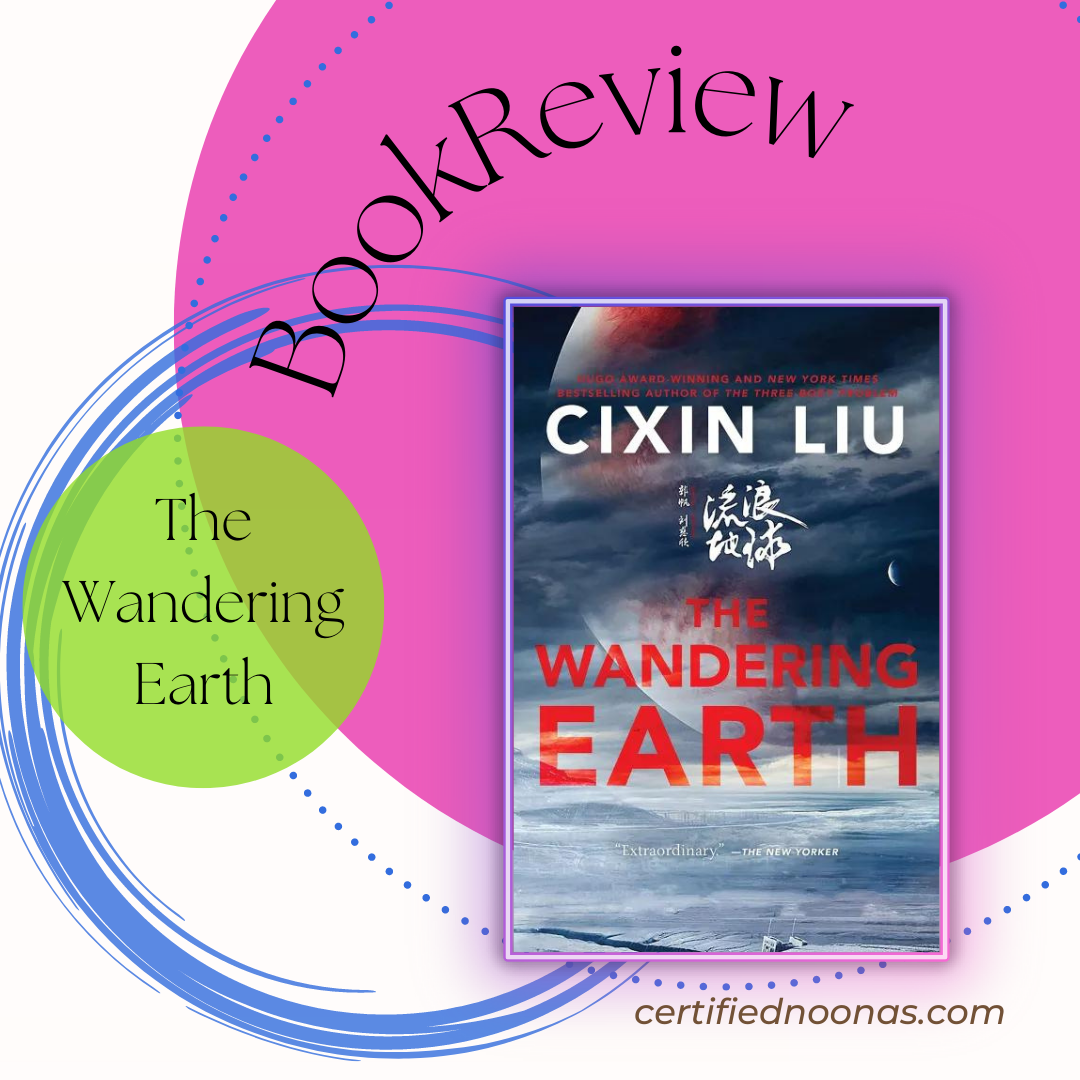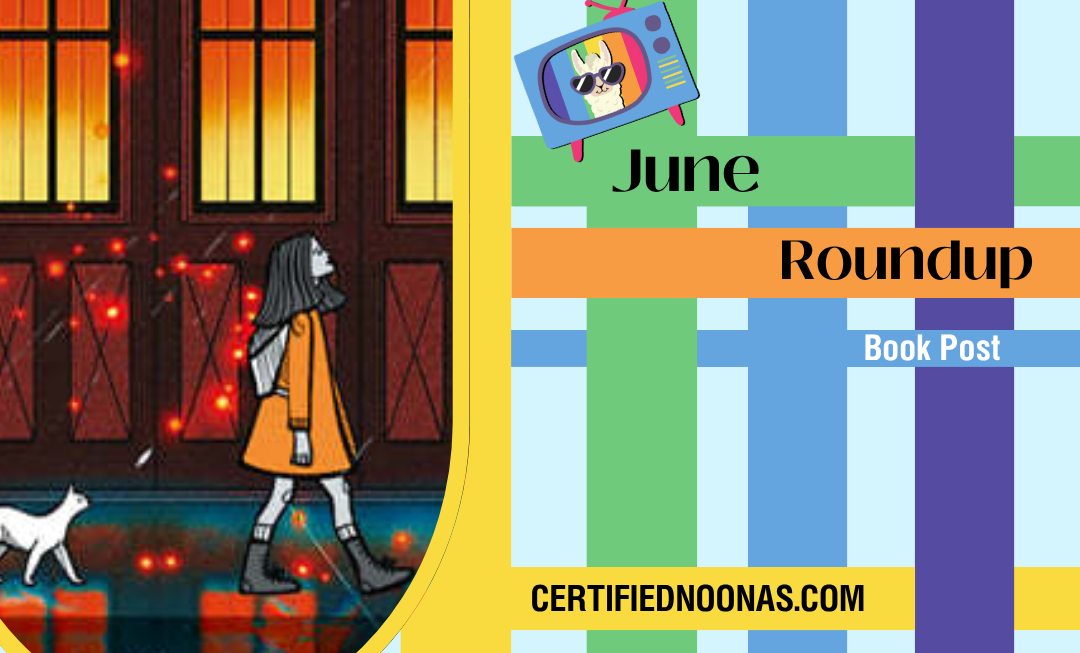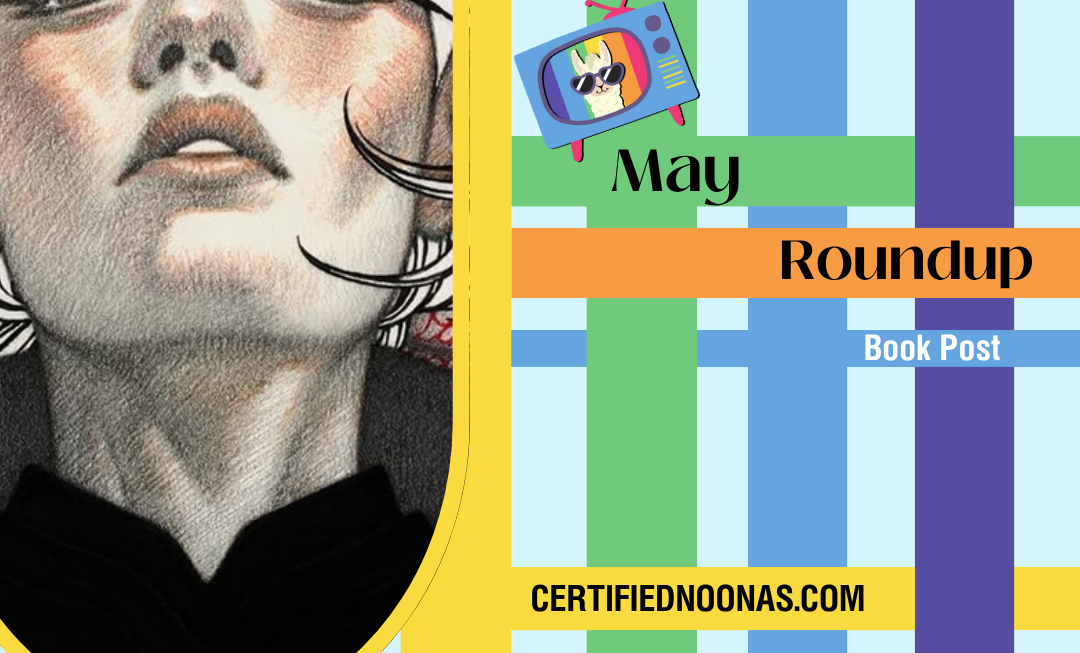Some of our long time listeners will probably remember that we once did an episode about The Wandering Earth film when it came to Netflix. In that episode we discussed the book that it was based on and voiced an interest in reading it when there was a translation available. Well, the translation is available and I was lucky enough to get a hold of an Advanced Reader Copy of the audio version.
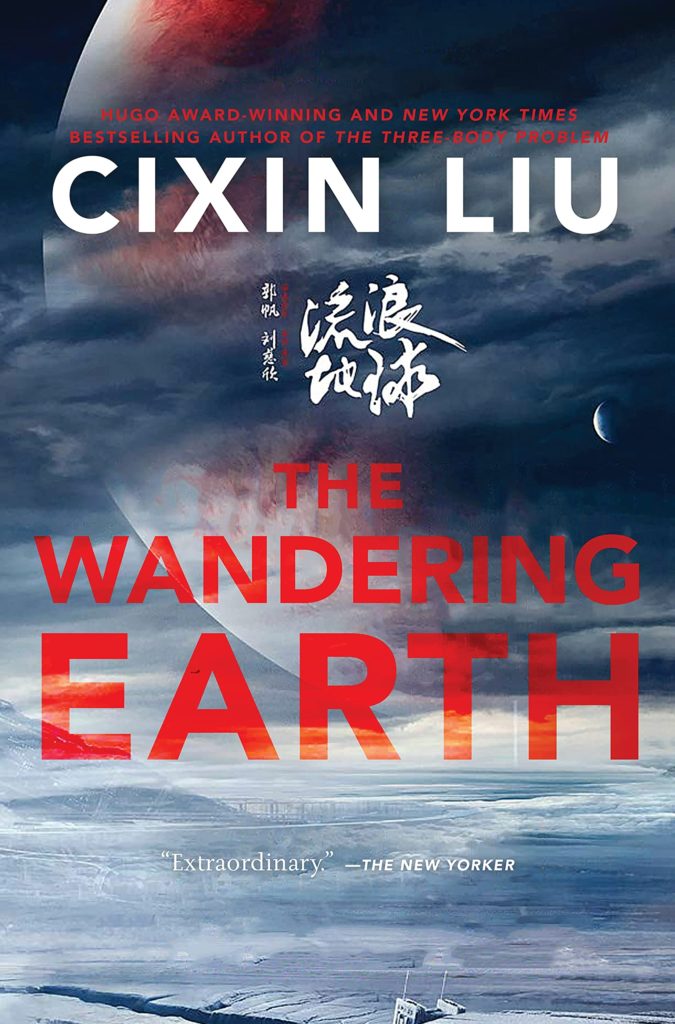
The Stories
The Wandering Earth is the title of the first story in an anthology of short stories all about Earth, earthlings, aliens, and the future. The stories are wildly different from each other, with only the last two having any sort of obvious connection. For a moment when listening to the last story, I thought perhaps the author was going to somehow connect all of the different stories. That would have been quite a feat however, since most of the stories involve very different versions of Earth.
One thing that does connect the stories, is their somewhat bleak outlook on the state of humanity’s future. None of the stories could be said to have a truly happy ending. Some of them end in outright death and despair for the main characters. Other stories seem to sort of gloss over an incredibly dark moment in the story as if to say “well, that’s humanity for you 🤷🏻♀️”. Some of the stories were definitely more enjoyable for me than others were. The one about gods coming to live on Earth with their creation and getting treated like crap was pretty funny at times. The one about the mobster hitman was very dark and somewhat gruesome.
The stories all seem to reflect a very particular mentality of the author. In light of some of the statements that Liu Cixin has made regarding the treatment of the Muslim Uigher people, some of the stories hit a bit differently for me. The author definitely reveals a sort of “survival of the fittest” mentality in his stories. They are good stories. They made me think. But there was an underlying current of people who aren’t good enough in whatever way, will inevitably get taken over or destroyed by those who are better or more advanced. This is rarely shown as being a bad thing. Societies that are based on love, kindness, and harmony are destroyed by the more advanced and analytical societies. People yearning for a “true socialism” are seen as naive at best. The stories are well-written, but mostly left me feeling uncomfortable and empty.
The Movie
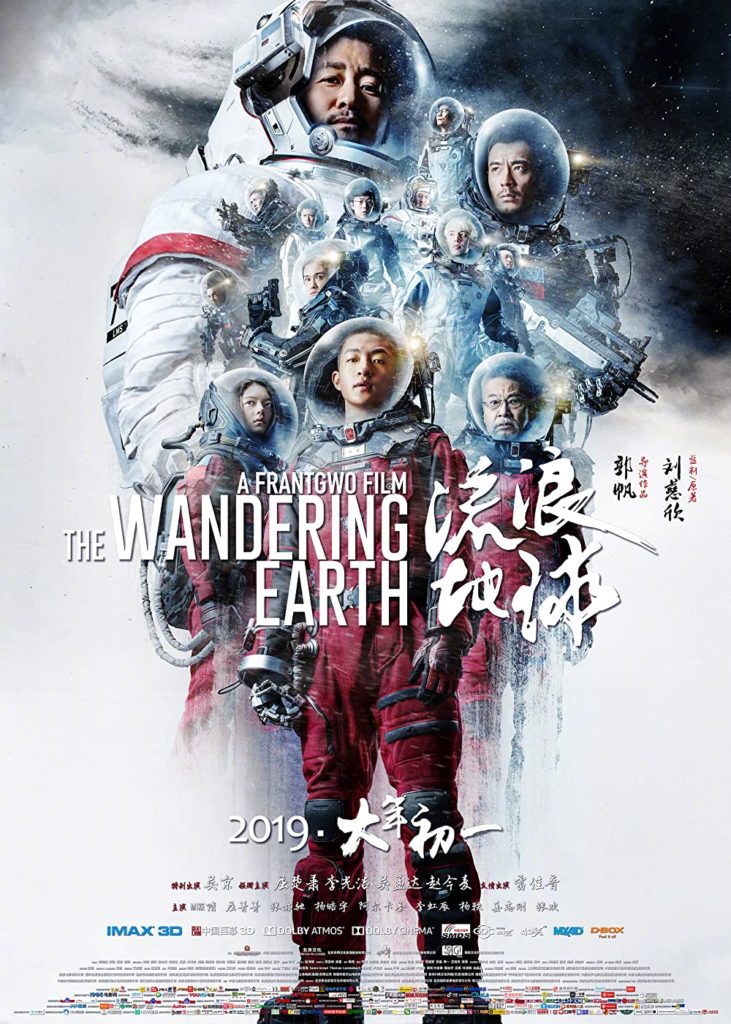
If you’re wondering how the story compares to the movie, well… it doesn’t really. The movie is based on the same concept. A helium flash is due to destroy our solar system so humanity turns the Earth into a giant spaceship and sets out for another star. That is pretty much where the similarities end. The book story follows the life of one young man who just barely remembers bits of life on Earth before it started moving out of orbit. We see him grow up, lose his parents, get married, and have kids all while the world around him changes as the Earth moves through it’s different steps towards its new solar system. The segment of the story that the movie is based on comprises of maybe a tenth of the source story. About half of one chapter in total. The characters in story seem to be made up of a couple of different characters and stages in the source material.
In the book, the main character’s father is an astronaut, as is the father in the movie. In the movie, the main character has a younger sister and a grandfather. In the book, the main character has a son and a daughter, but by that point in time, his own father and grandfather are both dead. It’s almost as if the movie is telling us a slice of somebody else’s story. Someone who the main character from the book might have passed on the street during one of the scenes we’ve read. The movie revolves around a single moment when Earth must slingshot past Jupiter and out into the universe. In the book, that is part of the story, but such a very small part that it’s hard to believe an entire movie was created out of it.
Final Thoughts
Ultimately, I enjoyed the movie a lot more than I enjoyed the book’s story. The movie has more of an uplifting and triumphant vibe than the book does. While the stories told in the book are interesting in concept, they are often told in a way that is just one character relating a pile of information on another. Rather than the author showing us the story, he creates a character to tell the story to another character for us. It makes the reading a bit dry at times. The stories are more philosophy exercises than interesting stories in and of themselves. It felt like I was reading a series of thesis papers that would have made an interesting discussion over a glass of wine at dinner, but wasn’t very immersive as a book. I’m not sorry that I read the book, but I am probably more likely to watch the prequel movie due out in 2023 than I am to read any more of Liu Cixin’s books. In fact, seeing that the new movie is going to be a prequel has me very interested in whether it will mine from more of the book or just tell a story completely separate but set in the same world.
If you want to hear more of our thoughts on the movie, check out our episode here.
If you’re interested in my thoughts on another translation of short stories by a Chinese author, check out my review of author Zan Ge’s book Strange Beasts of China
Have another book that you think I’d like, or want to hear my thoughts on? Leave a comment and let me know.

